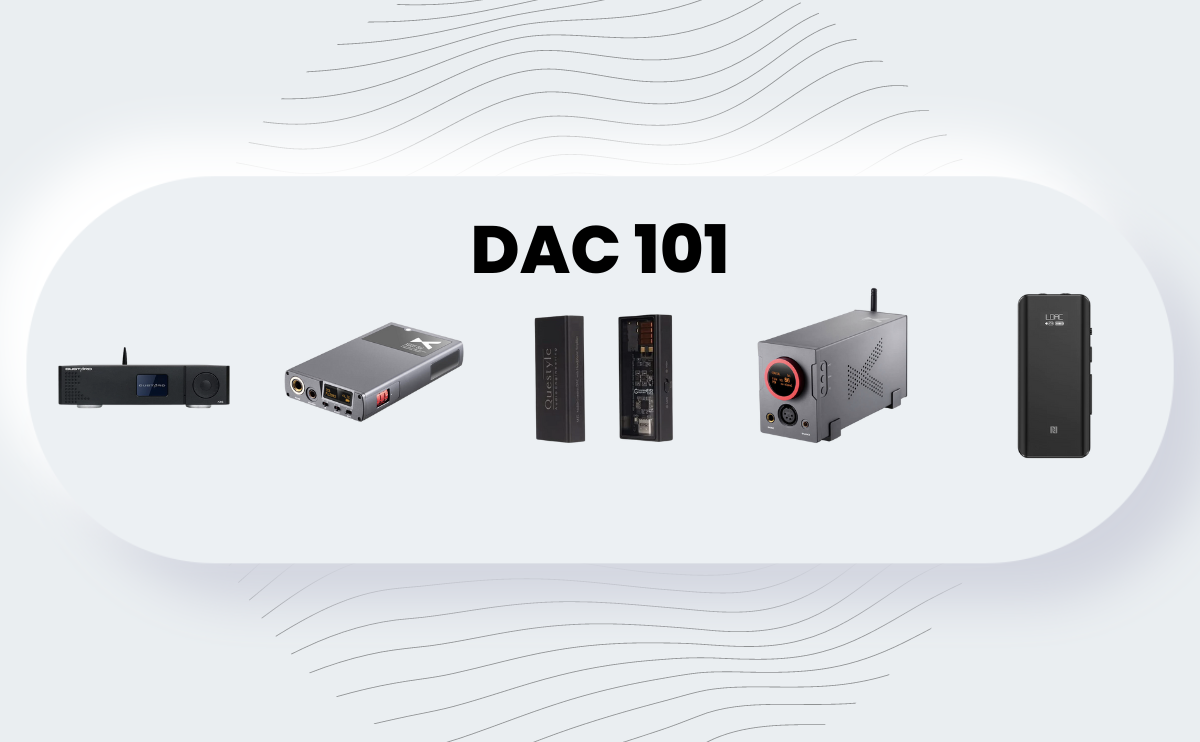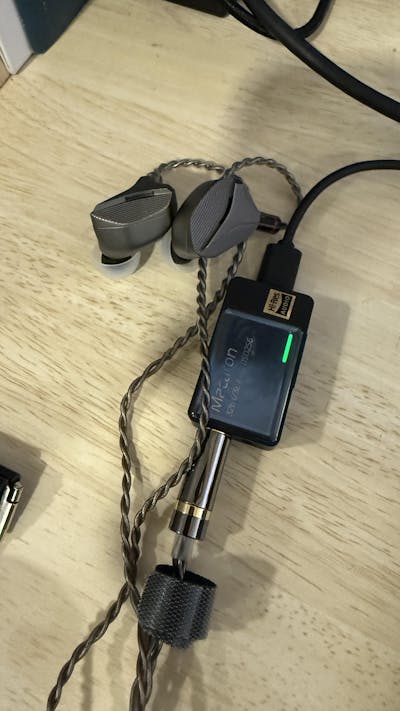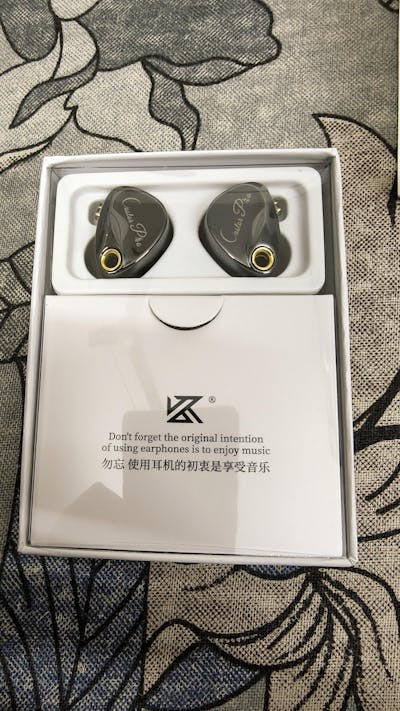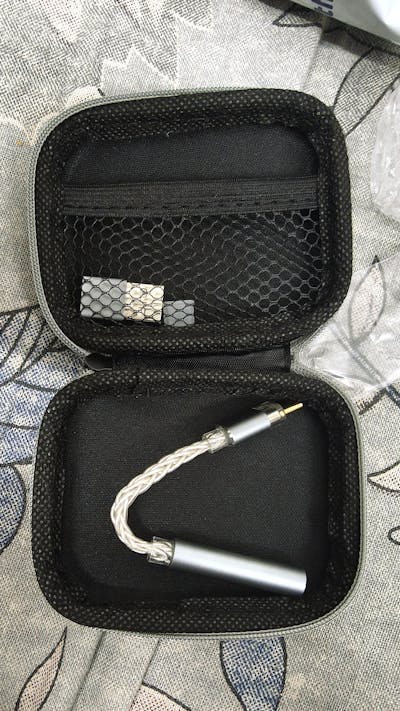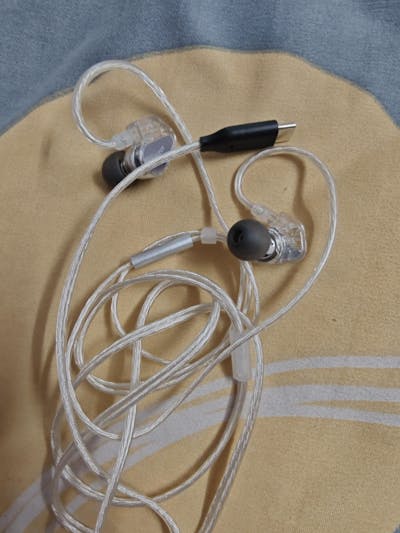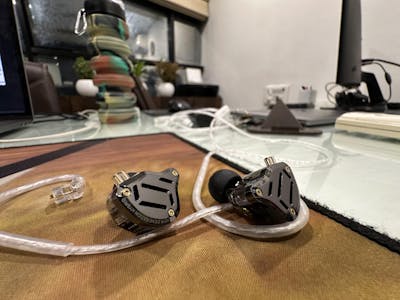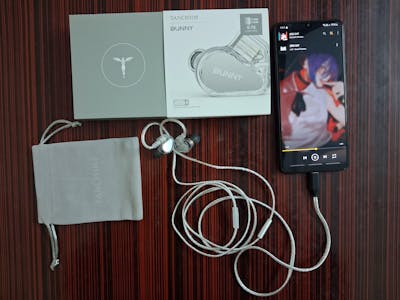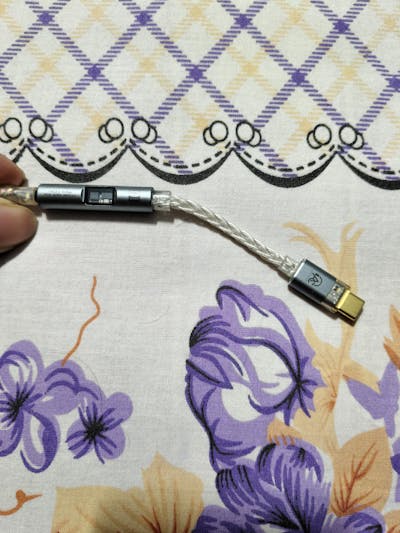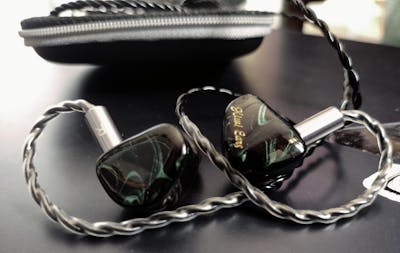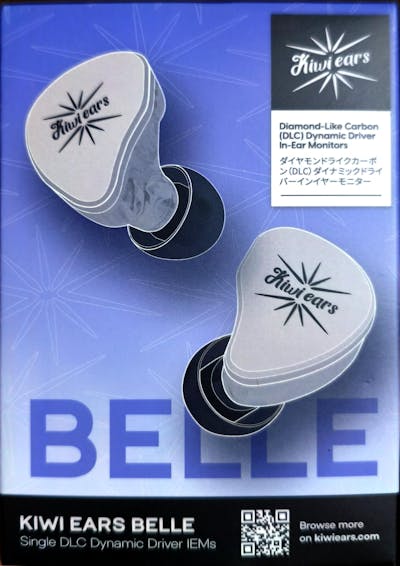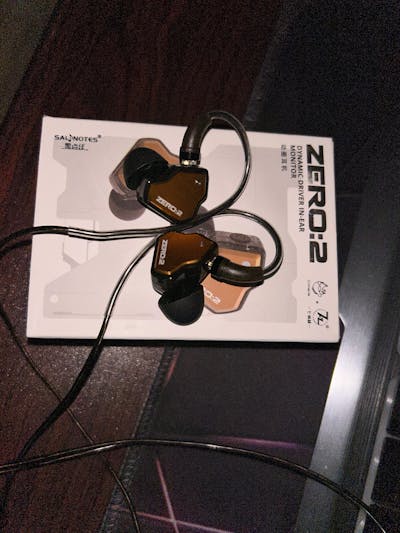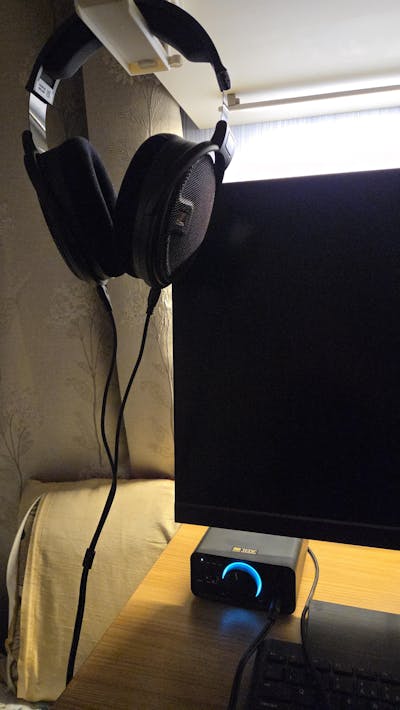What is a DAC?
A DAC, or digital to analog converter, is a technology that converts digital signals into analog ones. This is essential for playing sound from your phone or computer, as humans can only hear sound waves, not digits. But why would you need a dedicated DAC if you're already using one to convert digital signals? The answer is that some DACs are less efficient than others, which can result in a less true representation of the original recording.
Why do I need a DAC?
When it comes to high-resolution audio, the quality of the DAC becomes even more important. A digital music file is typically made using a technology called Pulse Code Modulation (PCM), which measures the amplitude of the analog music signal at consistent intervals. The precision of these measurements is called "bit depth" and the speed at which the intervals are measured is called the "sample rate." Some high-resolution files can have a bit depth of 24 and a sample rate of 192kHz, which requires a high-performing DAC to accurately return the digital information to its original analog form.
There are a few different types of DACs available on the market:
- Standalone DACs: Allows audiophiles to have complete control over their audio setup, choosing the music source, type of stand-alone DAC, and amplifier.
- DAC/Amps: Combines a DAC and amplifier, making the setup simpler, more compatible in terms of sound, and also more portable.
- Portable DAC/Amps: Designed to go with portable headphones, often have enough power output to drive IEMs or lower-impedance headphones.
- Desktop DAC/Amps: Tend to be larger and can usually drive more power-hungry headphones.
- DAC/Amps with Bluetooth and Streaming Capability: Able to receive Bluetooth and transmit sound in high-resolution formats, allowing for high-res sound while roaming around without your phone or computer.
It's worth noting that different DACs and DAC/Amps produce different sound characteristics depending on the chipset and processing technology used. Some may have a warm, lush profile while others sound more neutral. The sound of a particular DAC can also be affected by the amplifier's character, making it important to consider the pairing of various types of headphones with various types of DACs. Overall, investing in a high-performing DAC can greatly improve the overall sound quality of your music.
If you need any help selecting the right DAC/AMP, please feel free to talk with The Audio Store team. They will be happy to assist you in finding the perfect DAC for your needs.

